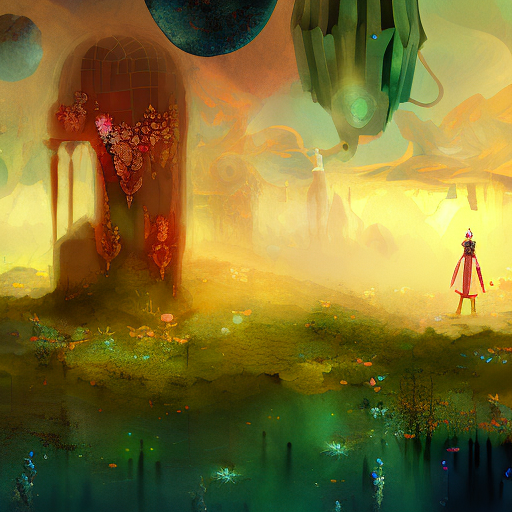One-line Summary:
“Children of the Mind” is a thought-provoking science fiction novel that explores the complexities of human consciousness and the potential for connection across vast distances of space.
The Continuing Saga of Ender Wiggin
In “Children of the Mind,” the fourth and final installment of Orson Scott Card’s Ender Quartet, we follow the journey of Ender Wiggin, a brilliant strategist and hero of the human race. After saving humanity from the threat of the alien Formics, Ender finds himself embroiled in a new conflict, this time within the vast network of the ansible, a communication system that allows for instantaneous communication across light-years.
The Exploration of Consciousness
One of the central themes of “Children of the Mind” is the exploration of consciousness and the nature of the human mind. Card delves into the idea that consciousness is not confined to the physical body, but can exist independently in the vastness of space. Ender’s sister, Valentine, and the artificial intelligence known as Jane, both play pivotal roles in this exploration as they navigate the complexities of their own consciousness and forge connections with others.
The Power of Connection
Throughout the novel, Card emphasizes the power of connection and the importance of understanding and empathy. As Ender and his companions navigate the complex web of relationships and alliances, they discover that true understanding and cooperation can overcome even the most formidable obstacles. The novel explores the idea that unity and empathy are essential for the survival and progress of humanity.
In “Children of the Mind,” Card raises thought-provoking questions about the nature of consciousness, the potential for connection across vast distances, and the power of empathy in overcoming differences. The novel challenges readers to contemplate the boundaries of human understanding and the potential for growth and evolution.
- Key Takeaways:
- Consciousness is not confined to the physical body and can exist independently.
- Understanding and empathy are crucial for overcoming obstacles and fostering unity.
- Connection and cooperation are essential for the survival and progress of humanity.
“The power to cause pain is the only power that matters, the power to kill and destroy, because if you can’t kill then you are always subject to those who can, and nothing and no one will ever save you.” – Ender Wiggin
In conclusion, “Children of the Mind” is a captivating and thought-provoking novel that explores the complexities of human consciousness, the potential for connection across vast distances, and the power of empathy and understanding. Orson Scott Card’s masterful storytelling and exploration of these themes make for an engaging and profound read.












